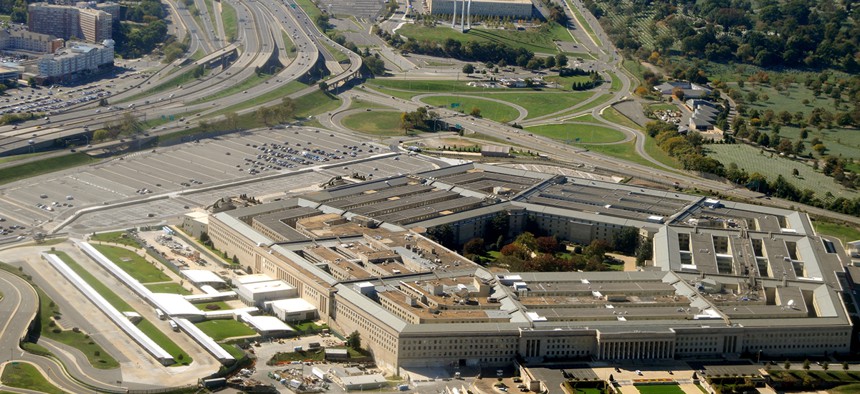Is ‘Technically Acceptable’ Good Enough for Pentagon’s New $17.5B IT Contract?

Frontpage/Shutterstock.com
DISA’s decision to evaluate proposed services using LPTA definitely has raised some eyebrows.
The Defense Information Systems Agency announced last week it’s taking bids on the new iteration of a multibillion-dollar global IT services contract to spearhead the transition to the Joint Information Environment.
The Encore III contract -- a follow-on to DISA’s Encore II -- aims to provide necessary services for the Pentagon and military branches to attain “information superiority,” according to contracting documents released last week.
But DISA’s decision to evaluate proposed services using the method known as “lowest price, technically acceptable” -- or LPTA -- has raised some eyebrows.
Research on LPTA’s effectiveness suggests it’s an iffy but sometimes necessary proposition for cash-strapped government agencies. What about its use in this case?
“When being used for services, LPTA is highly controversial, and it’s even gotten the attention of Congress in the past,” Alex Rossino, a senior principal research analyst at Deltek, told Nextgov. “It’s not looked upon by industry or Congress favorably.”
LPTA is most-often used for commodity purchases and hardware and software procurements that are “more standardized” and lower-risk, Rossino said.
More complex services are usually rated first on their technical merits, and price is typically a less important factor. Acquisition officials, for example, may decide paying a slightly higher price for a “superior” solution over a solution that barely meets minimum requirements is worth the extra money.
In an LPTA contract, price matters above all else, and superior technical solutions could be ruled out simply because they aren’t cheap enough.
Just last year, Undersecretary of Defense for Acquisition, Technology and Logistics Frank Kendall issued a memo outlining when LPTA solutions are appropriate. It’s hard to see how the advanced cybersecurity solutions and other services Encore III is supposed to usher in fit criteria outlined by Kendall.
Brian Friel, an acquisition expert and principal of One Nation Analytics, told Nextgov DISA’s decision to evaluate Encore III bids using LPTA suggests the contract “will end up mostly hosting computer network operations-type work.”
“My prediction is that a lot of the higher-end cybersecurity work that was ordered on Encore II, which was not LPTA, will migrate to other non-LPTA vehicles such as Alliant or a forthcoming massive contract from U.S. Cyber Command," Friel said.
In any case, it will be interesting to watch how Encore III unfolds.
(Image via Frontpage/Shutterstock.com)






